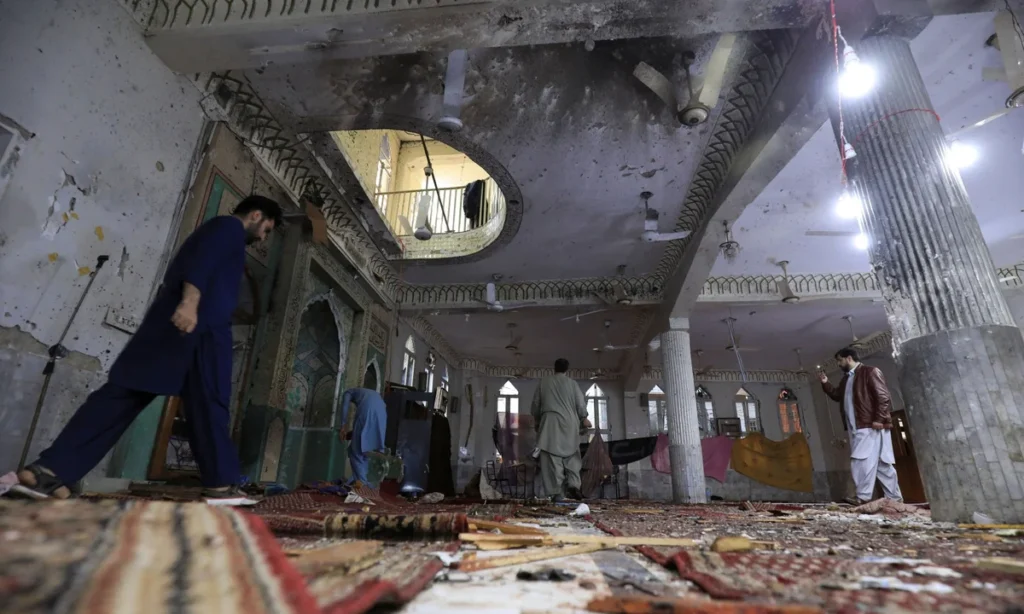
Haiti’s capital, Port-au-Prince, resembled a ghost town on Monday as residents hunkered down following a weekend of violence. The unrest stemmed from a brazen attack on the National Penitentiary, which freed thousands of inmates and plunged the already troubled nation deeper into crisis.
The prison break marked a significant escalation in the ongoing violence perpetrated by armed gangs who control vast swaths of the city. Authorities responded by declaring a state of emergency and imposing a nighttime curfew. AFP reporters witnessed a deserted cityscape with only a few venturing out for essential supplies. Public transportation came to a standstill, schools and banks remained closed, and many residents sought refuge in public buildings, often lacking basic amenities like clean water and sanitation.
Carlotta Pianigiani, a coordinator for the Alima medical NGO in Port-au-Prince, described the situation as “paralyzed.” She reported limited public movement, shuttered schools, and road closures. Adding to the woes, Pianigiani noted the displacement of 15,000 people in recent weeks and the suspension of operations at the largest public hospital.
The root of the violence lies in the simmering political tensions. Gangs are demanding the ousting of Prime Minister Ariel Henry, who has been at the helm since the assassination of President Jovenel Moïse in 2021. The assassination plunged Haiti into political turmoil, leaving the presidency vacant and elections stalled since 2016.
The international community has expressed concern. UN Secretary-General Antonio Guterres called for increased funding for a planned multinational police mission led by Kenya. The Haitian government vowed to restore control, but its capacity is hampered by a history of weak law enforcement. Gangs, on the other hand, are often heavily armed, making them a formidable challenge.




